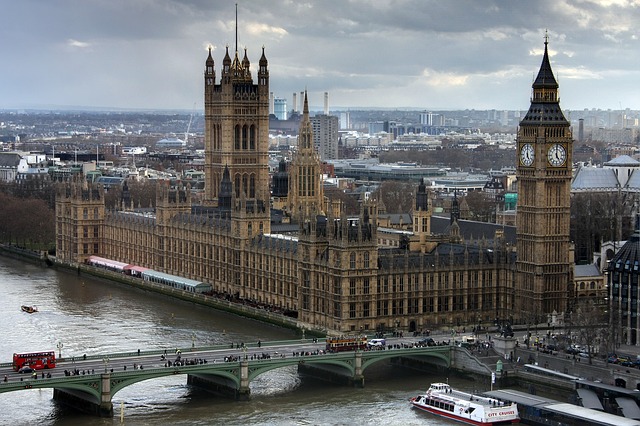PM confirms digital services tax on table in US tariff talks

The UK government is discussing its digital services tax (DST) and Online Safety Act (OSA) with the United States as part of negotiations aimed at avoiding American trade tariffs, Prime Minister Sir Keir Starmer has confirmed.
Washington opposes the DST, which levies taxes on large technology firms like Meta and Amazon, and has raised concerns that the OSA stifles free speech.
The Prime Minister told MPs on the Commons Liaison Committee that while the UK must have arrangements for a digital tax and remains committed to pioneering free speech alongside protecting children online under the OSA, flexibility exists within the negotiations.
He stated: “In relation to trade talks, obviously there are questions about the appropriate way to tax digital services, etc. There are questions about how technology impacts free speech.
“I’ve been very clear in my view that we need to have arrangements for a digital tax of some sort, and equally we need to be pioneers of free speech which we have been for very many years in this country.
“But at the same time, we rightly protect under the Online Safety Act – further provisions of which are coming into force pretty quickly – and when it comes to paedophiles and protecting children, I take a pretty strong line that we take the necessary measures in order to do so.”
While neither the DST nor the OSA is expected to be entirely revoked, modifications to soften their impact on tech companies are reportedly being considered as concessions. However, Sir Keir firmly ruled out offering access to the NHS as part of any agreement, calling it the UK’s “greatest asset”.
Chancellor Rachel Reeves confirmed the talks focus on reducing both tariff and non-tariff barriers, particularly for sectors like cars and steel which face significant US levies. The UK government is concurrently preparing support measures for the UK steel industry, with nationalisation being considered for British Steel’s Scunthorpe site.
The Prime Minister indicated that negotiating an arrangement to mitigate the tariffs is preferable to engaging in retaliatory measures.










